After India became free from the subjugation of Britain in 1947, a big change came into Indian Political and Social life. Many waves of celebrations started to flow, People became overwhelmed with this reality of freedom, celebrations often crossed the limit of civility, and the union government headed by Nehru took over the administration of the country. The division of the country was not taken well and a riot between Hindus and Muslims broke out in different parts of India and Pakistan killing many Hindus and Muslims in both countries. However, after many appeals to people, the riot stopped and people started to realize the value of freedom which was gained after so many decades of struggle. Finally, the commotion started to fade away, and people started to celebrate overwhelmingly all over the country. Leaders of the Congress party formed the Government to run the country. After forming the government, the leaders realized that the country should have a constitution that will ensure the welfare of the people of the country. To fulfill this goal a committee was formed to draft the Constitution of Free India for the people of India.
On August 29, 1947, officially a drafting Committee of the Indian Constitution was formed with seven members. The head of the Committee was Dr. Bhimrao Ramji Ambedkar. The other members were Alladi Krishnaswami Ayyar, N. Gopalaswami; B.R., K.M. Munshi, Mohammad Saadulla, B.L. Mitter, and D.P. Khaitan.
24 January 1950: Last meeting of Constituent Assembly. The Constitution was signed and accepted (with 395 Articles, 8 Schedules, and 22 Parts). 26 January 1950: The Constitution came into force. (The process took 2 years, 11 months, and 18 days—at a total expenditure of ₹6.4 million to finish.)
The Preamble of the Constitution of India presents the principles of the Constitution and indicates the sources of its authority.[1] It was adopted on 26 November 1949 by the Constituent Assembly and came into effect on 26 January 1950, celebrated as the Republic Day of India. It was amended during Indian emergency by Indira Gandhi when the words “socialist” and “secular” were added in 1975 during an emergency.
WE, THE PEOPLE OF INDIA having solemnly resolved to constitute India into a SOVEREIGN SOCIALIST SECULAR DEMOCRATIC REPUBLIC and to secure to all its citizens:
JUSTICE, social, economic, and political;
LIBERTY of thought, expression, belief, faith and worship;
EQUALITY of status and of opportunity; and to promote among them all
FRATERNITY assures the dignity of the individual and the unity and integrity of the Nation;
IN OUR CONSTITUENT ASSEMBLY this twenty-sixth day of November 1949, do HEREBY ADOPT, ENACT AND GIVE TO OURSELVES THIS CONSTITUTION.
However, the Supreme Court of India originally determined in the Berubari case presidential reference[8] that the preamble is not an integral part of the Indian constitution, and therefore it is not enforceable in a court of law. Again, the same court, in the 1973 Kesavananda case, overruled earlier decisions and recognized that the preamble may be used to interpret ambiguous areas of the constitution where differing interpretations present themselves. In the 1995 case of Union Government vs LIC of India, the Supreme Court once again held that the Preamble is an integral part of the Constitution.
The constitution of India assures equal rights for its citizens yet it has provided special reservations based on caste, tribe and religion to its citizens thereby creating a different class and has labeled them as minorities. Although the constitution guarantees the separation of state and religion, it caters to the Islamic religion with a different rule of thought to please the Muslim population.
Article 27 of the Constitution prohibits using taxpayers’ money for the promotion of any religion.
Often states sponsor and grant money to Madrasas where religious teachings are given priority to other educational fields like science etc. while regular schools never receive any grant or money to promote Hinduism or any other religion. Thus, secularism as practiced in India shows marked differences from Western practice of secularism and it is a very controversial topic in India. Supporters of the Indian concept of secularism claim it respects “minorities and pluralism”, in reality, does it do it?
Article 164 of the Constitution deals with the appointment of Chief Minister and other ministers. It reads as follows:
Article 164. Other provisions as to Ministers. (1) The Chief Minister shall be appointed by the Governor and the other Ministers shall be appointed by the Governor on the advice of the Chief Minister, and the Ministers shall hold office at the pleasure of the Governor.
It is worth mentioning here that the people who drafted the Constitution were too honest, too dedicated, and too idealistic to imagine that someday these elected representatives of Parliament or State House could become greedy for avarice and commit crimes against the people for whom they vowed to serve. Probably that is why we do not see any clear clause that would punish the corrupt members of the Legislature. Hence many of these corrupt members get elected and come back through the revolving doors of election without being punished. This way the exploitation of the country is going on since the early seventies.
Also, Article 164(4) provides as follows: “A Minister who for any period of six consecutive months is not a member of the Legislature of the State shall at the expiration of that period cease to be a Minister.” This clause was taken originally from Section 10(2) of Government Act, 1935.
It is often a matter of pride for Indians that India is the largest democracy in the world. But the largest democracy has not become the best democracy in the world. Because the ruling party often decides not to punish the corrupt elected members of the Legislature of the state or the Members of the Parliament. These crooked members of both houses always find new ways to loot from the country yet they are never punished by a court of law. It is not found in any Western democracy, yes, if there are some isolated cases of allegation of misappropriation of public funds, the investigation is done quickly and if found guilty, they are put in jail immediately. For example, some of the names from USA are Rep Dan Rostenkowski, Governor Blagojevich, etc. Prime Minister François Charles Armand Fillon of France was tried for defrauding and misuse of funds and was sentenced to jail for five years. Great Britain has ousted numerous MPs and Ministers even after sexual accusations. Before the recent passage of the act, there were no mechanisms to recall Members of Parliament (MPs) in the UK. The Representation of the People Act 1981 disqualifies any person in jail for more than a year from being an MP, and thus automatically expels an MP from the elected office.
But it is shocking to see in any democracy that many elected MPs have criminal records attached to their names, the government is not doing anything to stop these criminals. All these criminal activities include serious crimes like murder, rape, robbery, cheating, extortion etc. These elected criminals never get any punishment, because corrupt police do not prosecute the case properly, the judicial system is too slow, and as a result the victims hardly get any justice from the court of law. The slow Judicial System lets these elected members continue the minacious deluge of criminal activities against the State or Country. As a result, the amelioration suffers, wangling wins over honesty depriving the country and its people, and its only beneficiary the crooked elected members of the country. Unfortunately, all these examples show that the in last 75 years corruption has taken amalgamated its place permanently close to 50 percent in the Constitution of Indian Parliamentary System. Now, it is up to the other honest 50 percent to eradicate the dishonest 50 percent from the Parliamentary System.
The democracy of India is the largest, but can this be the best in the world? The answer is yes, of course, it can become the best, but only if our Union Government takes a few extra steps.
Article 164(4) must be amended to make sure that nobody should be allowed to become or remain a minister if that person is defeated in the preceding election. When a candidate is defeated in election, this means that people has rejected him and he should not get an entry through the door of article 164(4). These “Kenaram” and “Becharam” MLAs or MPs create a huge problem for the voters because they ignore the mandate of the voters and switch Parties often to benefit their own political or financial agenda and the voters are left often without any choice but to swallow their crossover of party lines. Changing the law that nobody can contest an election if he or she is accused of any crime which is pending for more than a year in a court of law. Create a special judicial system to solve the cases and stop these accused criminals from contesting any election in the country.
To achieve this a few things, need to be done at state and central levels. Any crossover of political party by an elected official, must follow the expulsion from the elected office or the elected official must resign from the elected office before doing any change of political party and only come back after winning a fresh new election. Through this process, the influence of Ayaram or Gayaram will stop altogether. Often MPs or MLAs are paid a hefty amount of money to obtain their support to form a government, this crossover of party line must be made illegal and the MLA or MP involved must be ejected from the House of Representatives immediately.
The best way to clean up this political corruption is not to elect these corrupt politicians. To achieve this the Election Commission should take clear and decisive steps to implement a free and just electoral system. The Election Commission must establish a strong electoral system (if necessary, backed by Central Force) where any goon of any political party cannot take over the Polling Booth and put stamps on the ballot papers in favor of their political party’s candidate. The voters must be allowed to vote for any candidate of choice.
This cannot be done by Government alone; the citizen of the country should take strong step to establish it. It may be recommended that we attack this corruption of polling booths by multi prong approach from different angles. Firstly, the people should take a plebiscite for amending the constitution for (1) Nobody should be allowed to contest any Municipal, State or Federal election unless they have 12th grade of scholastic education, (2) Any person who has a criminal accusation pending for more than 12 months must not be allowed to contest any Municipal, State or Federal Election. (3) Create new courts that will quickly judge the criminal allegations of the elected legislatures. Any conviction, like community work or jail time, must expel the elected member immediately from the Legislative Assembly. If the convicted elected person wants to appeal the decision, he will be allowed to appeal but he must not remain in his elected post until he is proven “not guilty” in the appellate court. (4) Any kind of familism must be stopped.
In a commonsense approach, if a plebiscite is taken for these issues, I am sure, the commonsense of the citizens will prevail and one of the deepest root causes of corruption will be eradicated once and for all.
As promised by BJP in their Election Manefesto “A Uniform Civil Code” must be implemented for all the citizens of the country, without any place for religion or any other options. Religion must not interfere with the Constitution or the Executive Branch of the Government.
For 75 years the people of India have suffered a lot from these wrongs doers and soon or later the common people of India will rise up to it and a populous movement will give rise to destroy the evil forces of the elected member of legislative and administrative branches of Union Government, the largest democracy in the world, will probably be the best democracy in the face of the earth as India was greatest once in ancient time and it will be the greatest democracy once it eliminates its corrupt molecules embedded in the ecosystem of political corruption in Government, the ray of hope for the greatest democracy can be seen in the horizon among all the democracies of the world.
Source: Others and Google


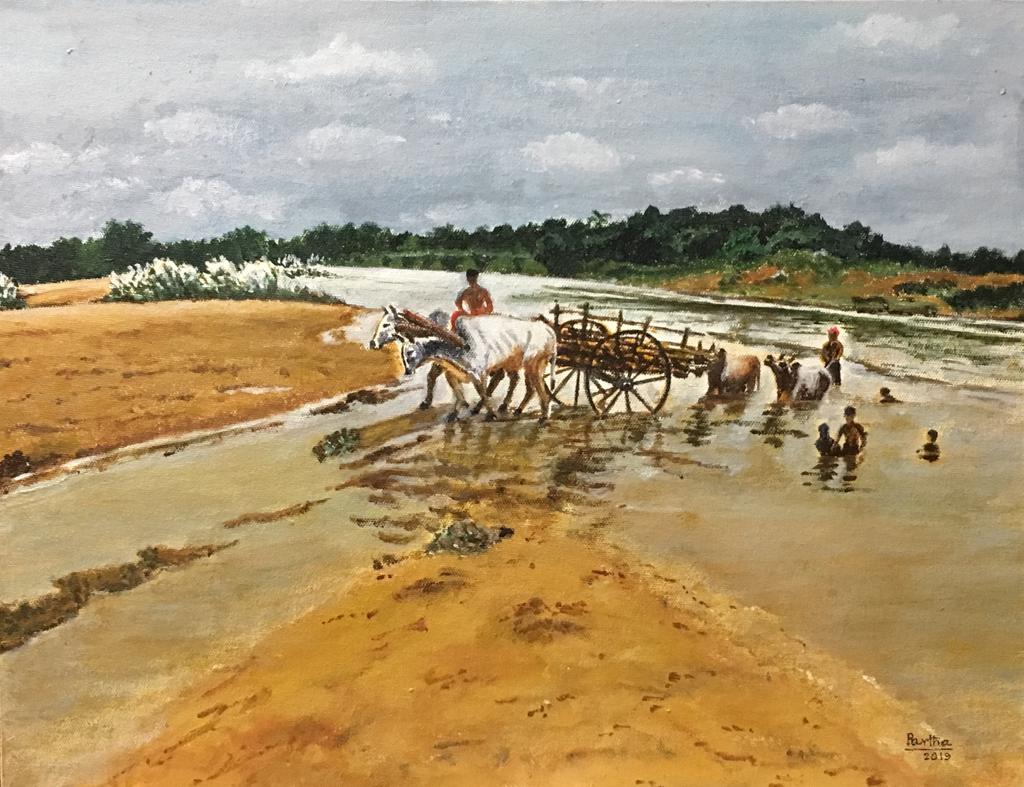
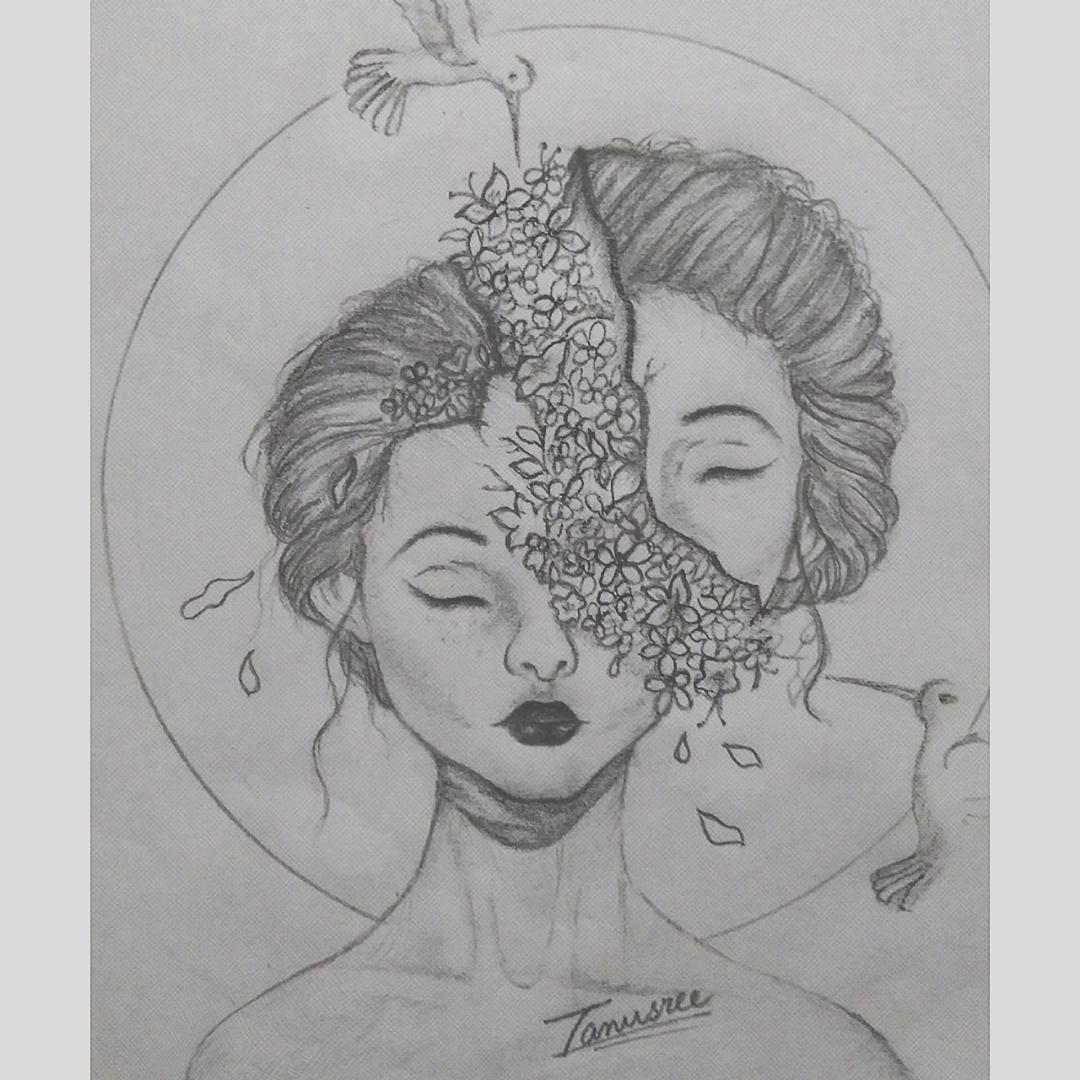
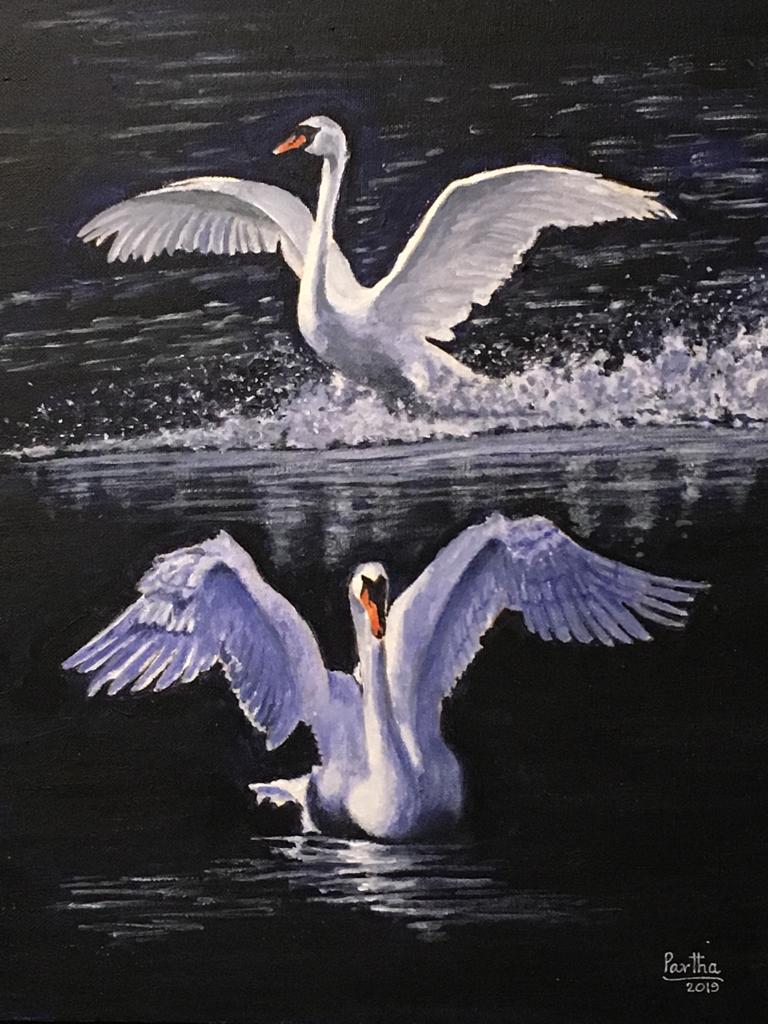
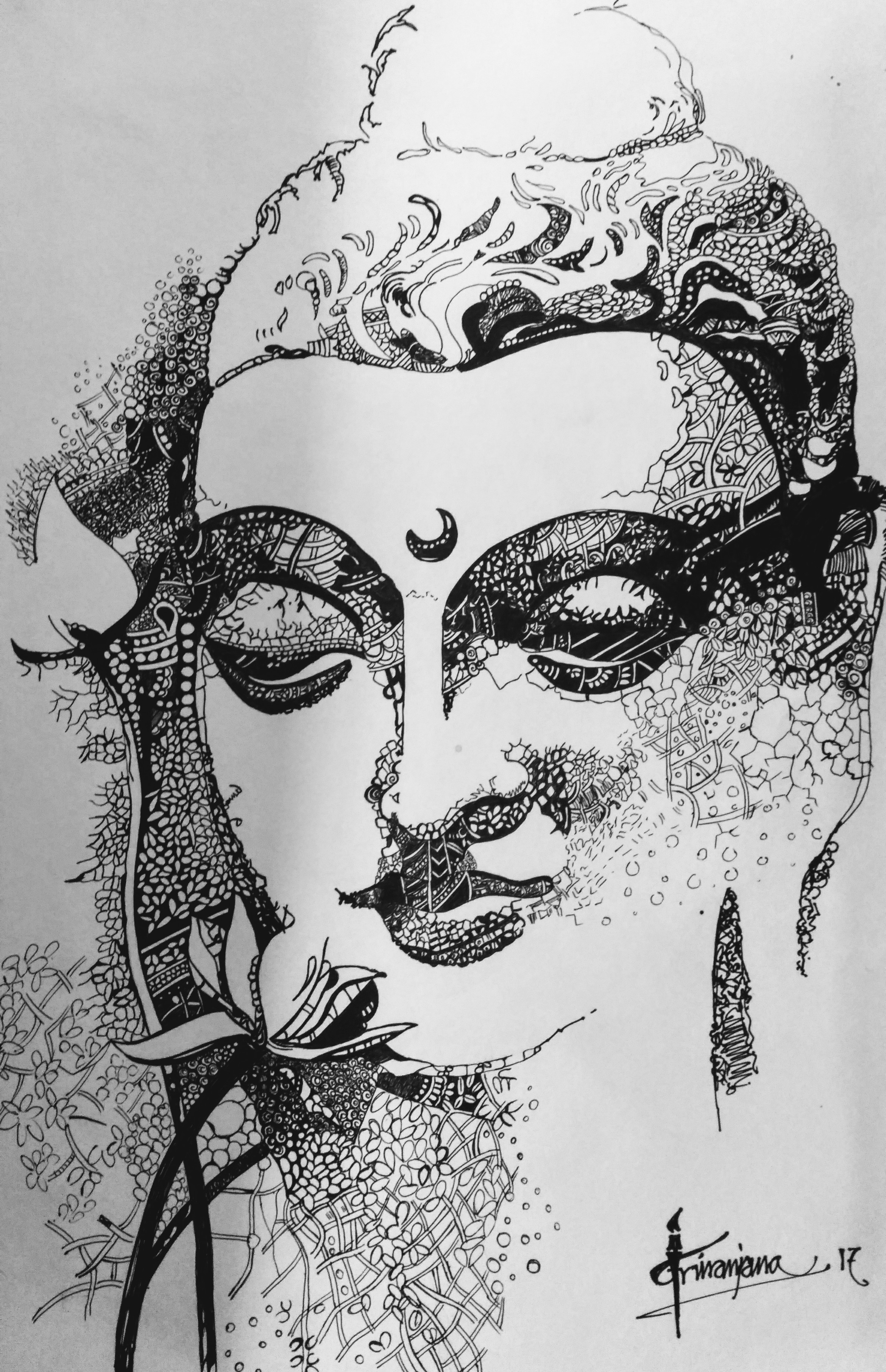


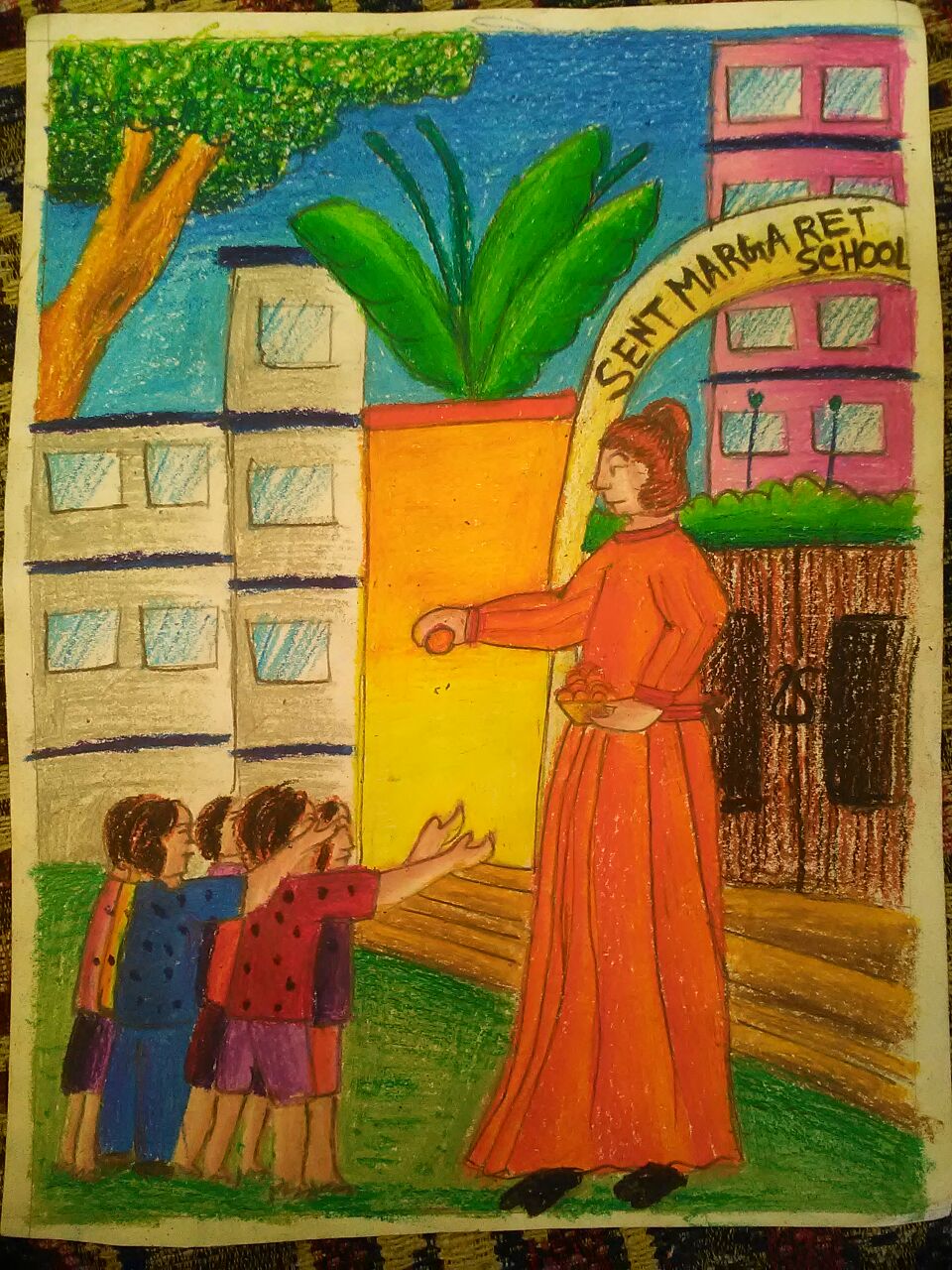




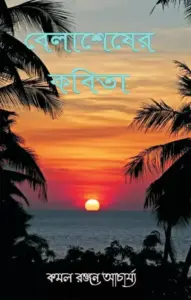
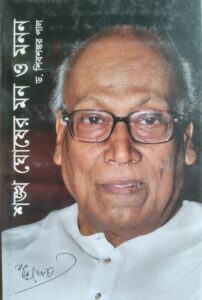
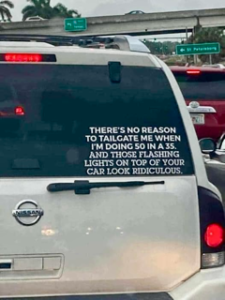
Comments »
No comments yet.
RSS feed for comments on this post. TrackBack URL
Leave a comment